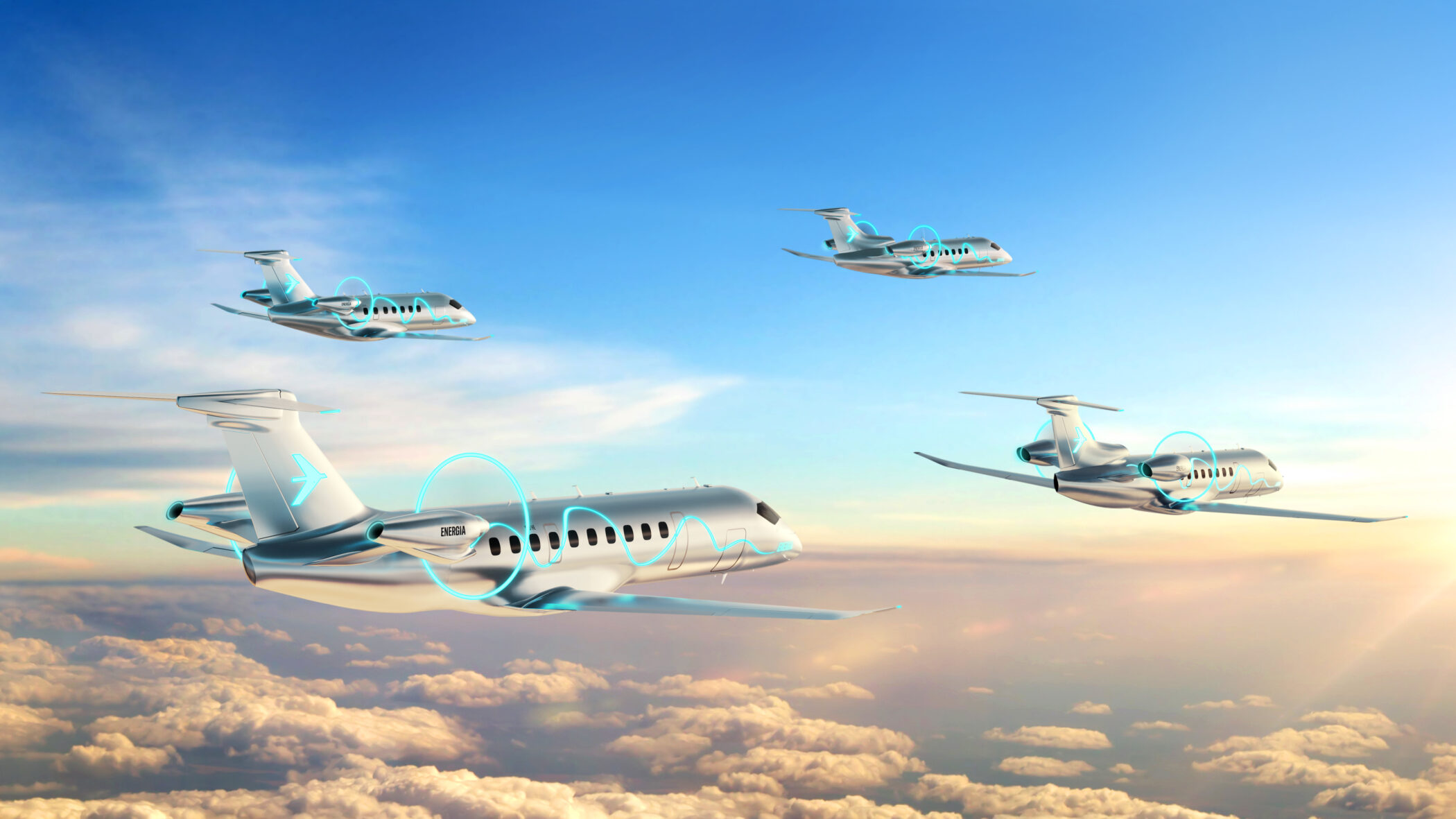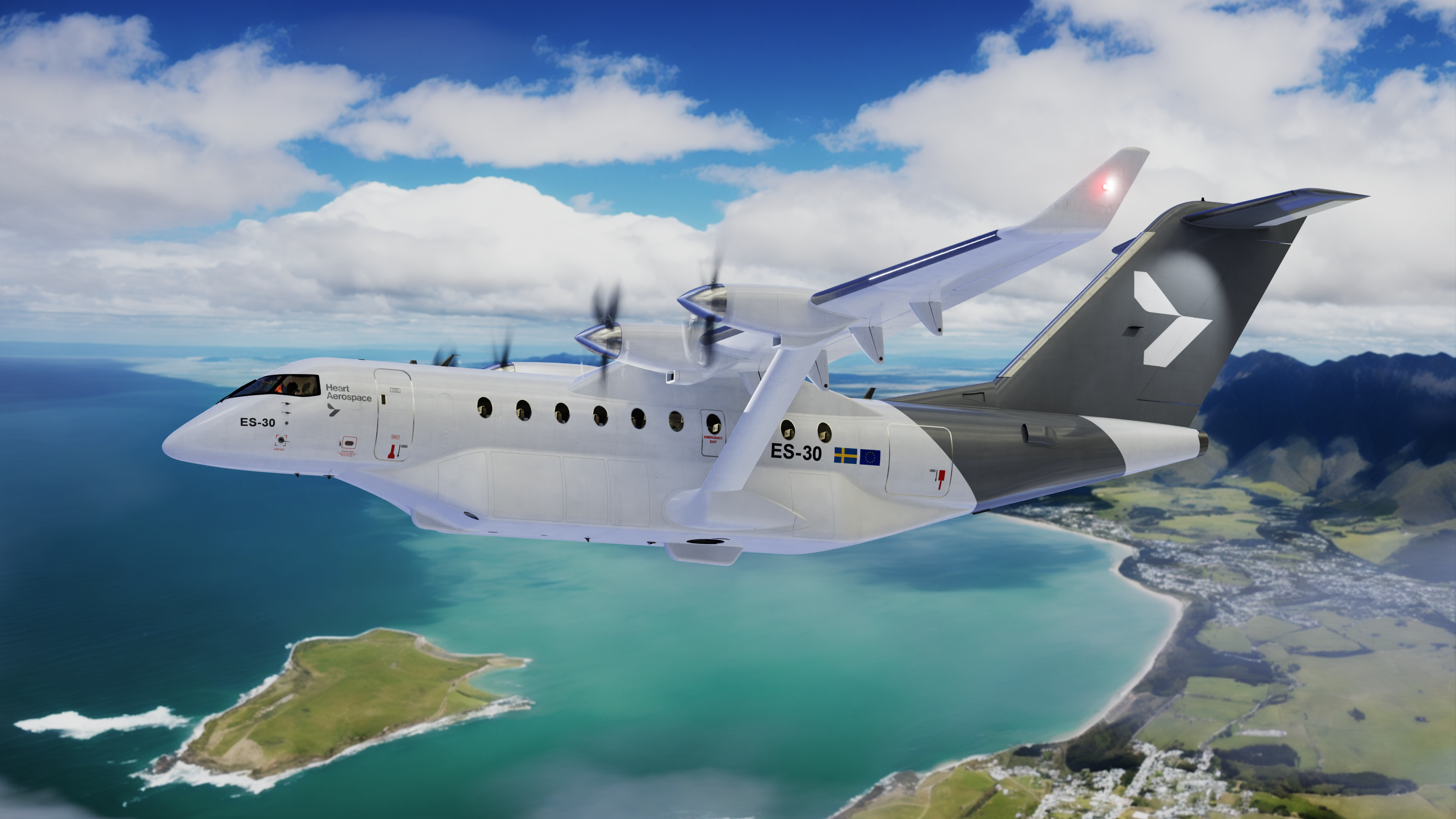Air New Zealand is joining forces with innovative aircraft developers to bring zero emission planes to the skies by 2026. Olivia Palamountain reports
Air New Zealand has announced an accelerator programme called “Mission Next Generation Aircraft”, with the goal of flying its first commercial demonstrator flight from 2026.
It also hopes to begin replacing its Q300 domestic fleet with a more sustainable aircraft – likely green hydrogen or battery hybrid systems – from 2030.
Air New Zealand CEO, Greg Foran, says that Air New Zealand aims to “lead the world” in introducing a more sustainable fleet of passenger planes.
Seven key partners – Eviation, Beta, VoltAero, Cranfield Aerospace, Universal Hydrogen, Embraer and Heart Aerospace – have been brought on to help develop electric, green hydrogen and hybrid aircraft, with further partners signed on to work on the tech and infrastructure required to make the programme take flight. The partnerships involve Air New Zealand signing a “statement of intent to order”, a document that demonstrates its ambition to acquire three aircraft initially, with further options for 20, from one or more of the partners subject to an evaluation process.
The partnerships involve Air New Zealand signing a “statement of intent to order”, a document that demonstrates its ambition to acquire three aircraft initially, with further options for 20, from one or more of the partners subject to an evaluation process.
Foran says the airline selected these partners based on the stage they are at in their aircraft development journey and their shared goal of ambitious action on climate change.
He says: “Mission NextGen Aircraft is not about backing one innovator. It’s about working with a range of leaders in zero emissions aircraft technology to help move the whole ecosystem along. Our goal is to confirm our commitment with one or more of these partners in the next 12 months with the ambition of purchasing an aircraft for delivery from 2026.

“The learnings we will take from flying an aircraft with next generation propulsion technology from 2026 will then pave the way for our long-term partners to deliver an aircraft that can replace our Q300 turboprop domestic fleet.
“Getting a zero emissions aircraft off the ground by 2026 is going to be challenging. But we’re incredibly ambitious – because we need to be.”
To further understand the infrastructure required to fly green-hydrogen aircraft, the airline has also signed a strategic alliance agreement with Hiringa Energy, a New Zealand based green-hydrogen supply and refueling infrastructure company.
Foran says: “While the aircraft play a pivotal role, infrastructure partners are just as important. Through this agreement we will explore the future green hydrogen supply solutions for our commercial demonstrator ambitions with a focus on ensuring any solutions we create to meet our 2026 goal are also building a platform for a larger next generation fleet from the 2030s.”
While zero emissions aircraft technology will help decarbonise the airline’s domestic network over the period to 2050, Sustainable Aviation Fuel (SAF) is important in the near term for the long-haul fleet.
SAF is a “drop in” fuel that can power current aircraft, so it can reduce emissions for long haul travel and domestic flights while the airline continues to operate conventional aircraft. The inputs and processes used to make SAF result in lower lifecycle emissions than fossil jet, with the opportunity to generate significant CO2 savings.
Hiringa Energy chief executive Andrew Clennett says the agreement is key to accelerating the development of hydrogen as a sustainable and renewable zero emission fuel for both the airline and New Zealand.
“Kiwis will be excited Air New Zealand is taking a lead in identifying zero emissions aircraft and backing local companies like Hiringa Energy to help overcome the challenges of providing green hydrogen to power them,” Clennett says.
One of several airlines converting to SAF, US airline JetBlue is also accelerating its transition to sustainable aviation fuel thanks to a new agreement with Air Company, a carbon technology company that creates carbon-negative alcohols and fuels from carbon dioxide (CO2).
JetBlue will purchase 25 million gallons of Air Company’s pioneering Airmade SAF over five years, from 2027, as reported by Globetrender here.
In February, Dubai-based airline Emirates operated its first milestone demonstration flight of a biofuel-powered B777-300ER, whereby one of the plane’s two engines was powered with 100 per cent sustainable aviation fuel (SAF), which is typically made from used cooking oil or renewable plant sugars and has a lower carbon footprint over its lifecycle than fossil fuel. Read the full story here.

